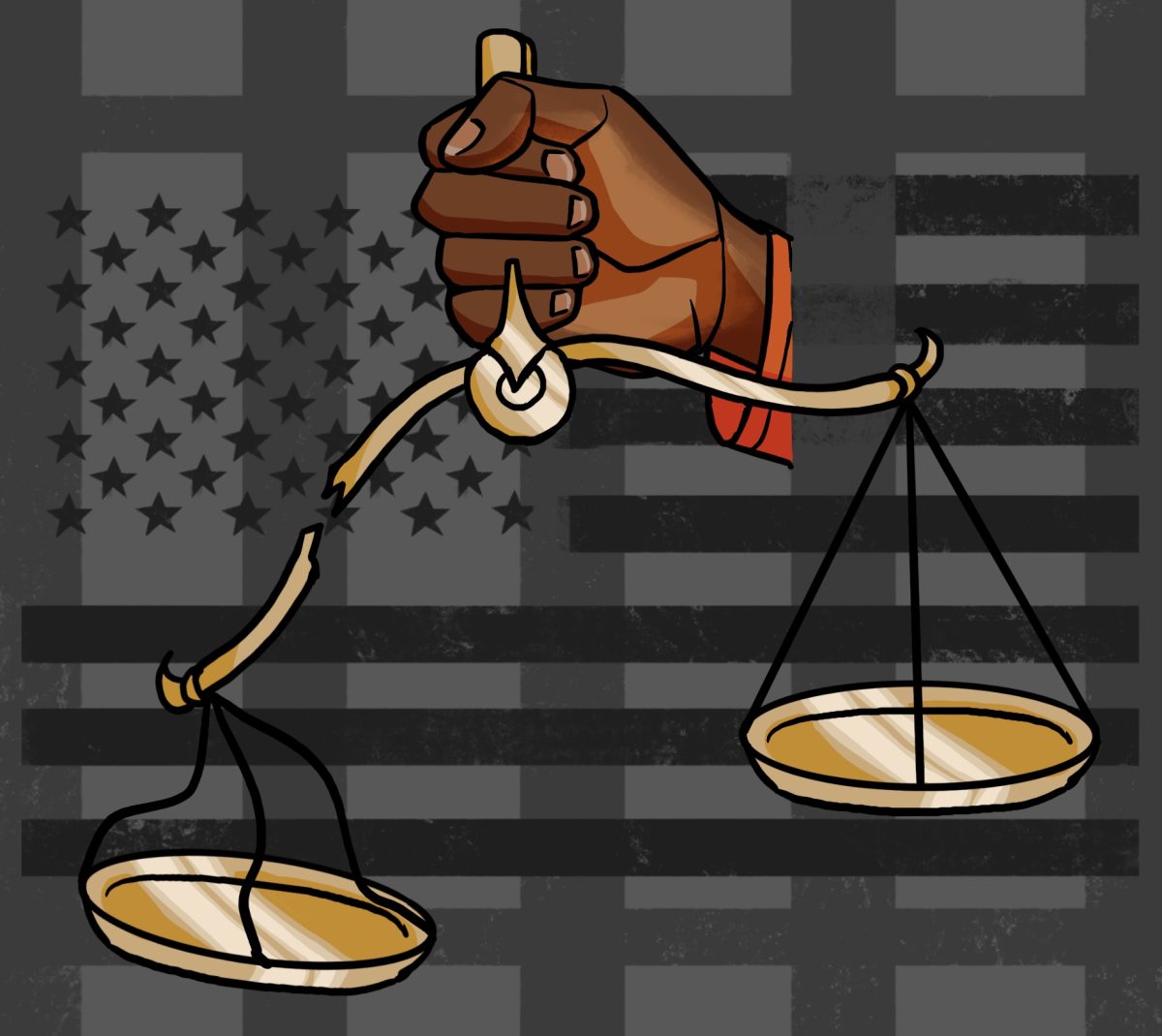The American prison system is one of the main forms of punishment in the United States. In accordance with the Department of Justice, there are four components the detention and incarceration system should be achieving, including providing safe confinement for detainees, ensuring there is sufficient prison capacity as well as operating federal prisons in a safe and humane manner. Systems must also provide programs that allow inmates to reintegrate into society. The current prison system, however, is composed of hidden agendas of not being able to properly and justly treat those who are facing consequences.
Throughout the American prison system, there is a clear disproportionality when it comes to people of color, specifically Black and Hispanic populations. According to the Sentencing Project, reports showed that Black Americans were incarcerated in state prisons five times the rate of white Americans. This biased system cannot go unnoticed as a result of its racist implications.
Not only is the system perpetuating systemic racism, but it also impacts groups within low-income backgrounds. In addition to economic and racial biases, sentence disparities emphasize inequality and injustices within the American prison system. With marginalized communities receiving harsher sentences than others coming from an advantaged background, it only adds to the vulnerability of these groups.
The American Civil Liberties Union is a nonprofit human rights organization, which strives to protect the rights of every citizen. An article reported by the ACLU depicted one of the main concerns about prison treatment was food. Nutrition in prisons across the U.S. does not meet dietary needs.
With prisons often not accommodating for health and religious requirements, people incarcerated are more susceptible to foodborne illness than the general society. Rebuilding a stable life after being imprisoned is already difficult, but health problems add another hurdle.
To counter systemic injustices, creating an equitable system is needed. Visiting the laws of sentence disparities and having more awareness of marginalized group’s is an essential step to be able to allow for a system where there is equal justice. Throughout the nation and in each individual state, there should be a statement to repeal racially biased laws. According to the Sentencing Project, states have passed a “racial impact statement,” which allows for more consideration of race, gender and overall background when it comes to evaluating criminal injustice.
The American prison system’s unjust treatment of imprisonments cannot be disregarded. With the disproportionately of racial and sentence disparities, there needs to be legislative changes to thoroughly influence the system. The implementation of “racial impact statements” opens up ways for an equitable system, but more can be done to rebuild the systemic injustices within the American criminal justice system.


